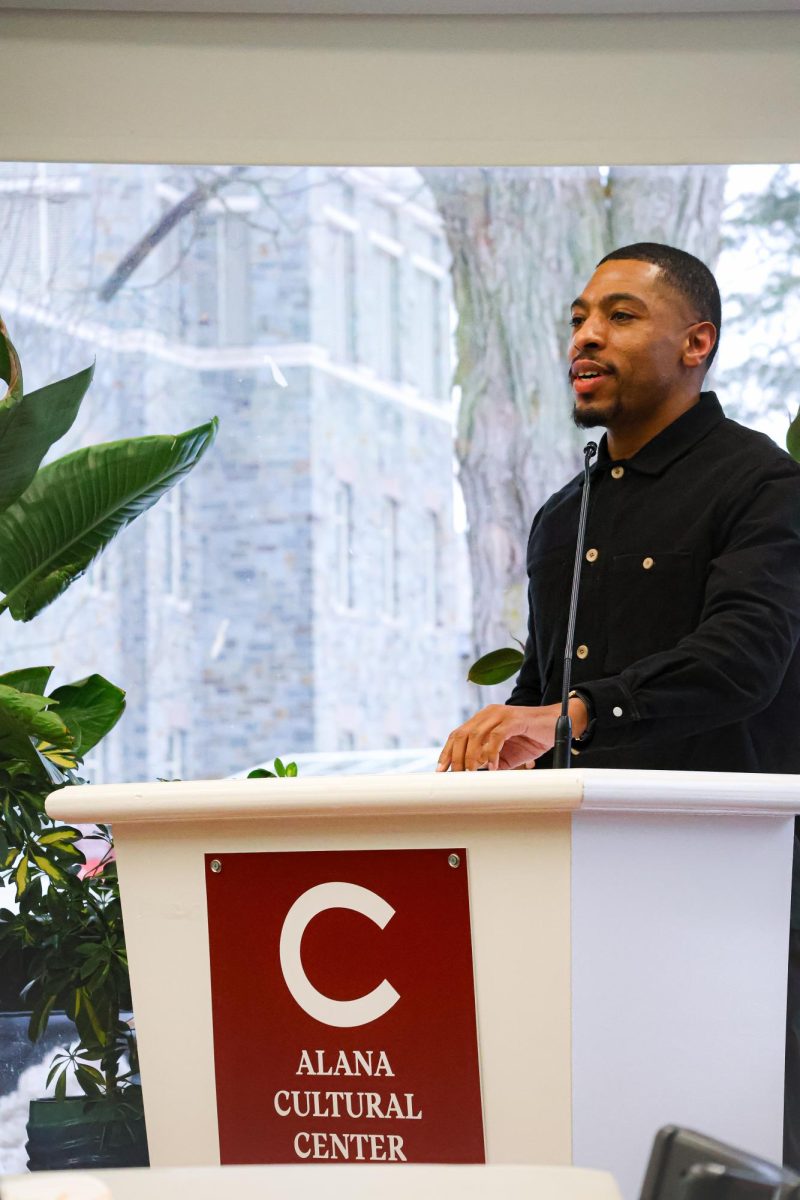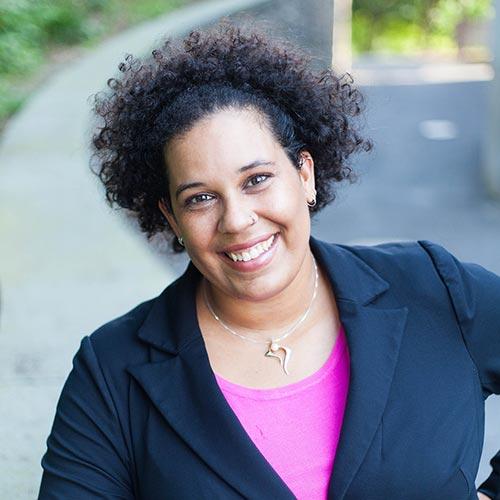The Lampert Institute for Civic and Global Affairs featured William R. Kerr, the D’Arbeloff professor of business administration at Harvard Business School, as a part of the Lampert Institute Speaker Series on Monday, Feb. 10. Kerr centered his research on how companies and economies explore new opportunities and generate growth. During the presentation, Kerr discussed his most recent book, “The Gift of Global Talent: How Migration Shapes Business, Economy & Society,” revealing how global talent has transformed American innovation and shaped society and the economy, as well as the importance of efficient immigration policies to support the flow of global talent throughout the United States and beyond.
Kerr began the presentation by discussing trends of high-skilled individuals migrating frequently to the U.S. Migrants play a crucial role in the development of the U.S. economy, especially in science and engineering-related fields. Kerr elaborated on how migration rates increase in the talent levels of individuals and expanded the discussion to an explanation of how the nature of the U.S. immigration system drives patterns in talent flows.
“The global migration of talent is one of the most important ways we’re shaping the world around us, and we don’t appreciate that in our daily lives as much as we should. The U.S., and world as a whole, has benefited from this talent flow,” Kerr said. “It is not as one-sided or universal as sometimes believed or argued. There are ways we could improve it. The system that is in place is not perfect.”
Kerr explained that the U.S. immigration system is employer-led, putting employers in the driver seat when selecting migrants for a H-1B visa, one example of an employer-based visa which allows for temporary employment of migrant workers. An employer-led system allows migrants to be guaranteed employment and avoids the need for a point system-based selection, allowing employers to select migrants based on skills that are challenging to measure through points alone. Kerr also discussed some of the disadvantages associated with an employer-led system, highlighting that the voices of private employers, such as Microsoft or Google, dominate immigration debates and decisions.
“The more we go up the skill distribution, the more likely it is that somebody has moved to new opportunities around them — partly to activate that skill, partly because there are special places where those skills can be best put to use. When new ideas appear, migrants are the first to develop it,” Kerr said.
Emphasizing the significance of migrant contributions in American society, Kerr addressed the need for reforms to make the H1-B visa program more efficient, allowing the U.S. to maximize economic growth and benefit from migrant talent. The expansion of visa programs for highly skilled foreign workers and students could expand innovation, furthering economic, technological and societal development.
Reflecting on the presentation, first-year Alex Clancy expressed his interest in and appreciation of Kerr’s analysis of migration’s impact on the economy.
“I found it interesting to see him pull all the data together and connect it to specific examples of global talent’s role in American economics and society,” Clancy said. “There are a lot of different factors involved with the economy, and I think he presented it in a clear and interesting way.”
Familiar with the difficulties present within the U.S. immigration system, international student and sophomore Tarushi Jain related Kerr’s presentation to the experiences many foreign students on campus face while navigating caveats within the system.
“[His research] was really interesting and very eye-opening — especially on this campus where there are a lot of foreign students,” Jain said. “It showed many of the inefficiencies in the [H-1B visa] program. It’s been like that for a long time, and there has not been much policy change to make the system easier to navigate through.”
The Lampert Institute will continue hosting scholars, experts and practitioners throughout the spring semester. The next speaker, Kathleen Doherty, is set to present on Wednesday, March 5 in Persson Hall.













